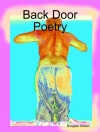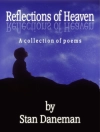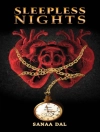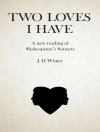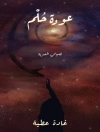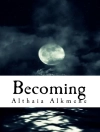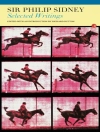Part kaddish, part lament, and a powerful call for peace, Requiem and Other Poems cries out for an end to unspeakable violence
In the incantatory “I’m Sad, ” the great Israeli poet Aharon Shabtai wails: “I’m sad, / sad, sad /about the dead, /I’m sad /about the dead /about the dead, /about the wounded, /sad /about the homes / sad, /sad, sad /also about the fork /thrown onto the floor, /about the bulbs, /burnt-out and broken /or left behind, /still alive / dangling from the ceiling …” Long one of the most outspoken Israeli critics of his government’s treatment of the Palestinians, Aharon Shabtai is widely viewed as “one of the most exciting writers working in Hebrew today” (Ha’aretz). Though some may feel that this is not the time for Israeli voices, others believe change must come from within as well as from pressures from outside Israel. In these times of carnage and slaughter, Shabtai in “Tikkun” calls for peace:
The horror
the calamity
the disgrace,
the rubble of folly
and religion’s stupidities,
the dimness of vision
and violence of despair
won’t be repaired by an officer,
a bomb or a plane,
and not by still more blood.
Only wisdom of the heart could mend it…
only the gardeners of peace.
เกี่ยวกับผู้แต่ง
Peter Cole’s most recent book of poems is The Invention of Influence, which follows his remarkable collection Things on Which I’ve Stumbled. His previous volumes—Rift and Hymns & Qualms—were collected as What Is Doubled: Poems, 1981–1998. In addition to his ND books with Aharon Shabtai and Yoel Hoffmann, Cole’s translations from Hebrew and Arabic include The Dream of the Poem: Hebrew Poetry from Muslim and Christian Spain, 950–1492, Taha Muhammad Ali’s So What: New & Selected Poems 1973–2005, Avraham Ben Yitzhak’s Collected Poems, and The Poetry of Kabbalah: Mystical Verse from the Jewish Tradition. With Adina Hoffman, he is the author of a volume of non-fiction, Sacred Trash: The Lost and Found World of the Cairo Geniza. Cole has received numerous honors for his work, including fellowships from the NEA, the NEH, and the Guggenheim Foundation, as well as the National Jewish Book Award for Poetry and the PEN Translation Award for Poetry. He is the recipient of a 2010 Award in Literature from the American Academy of Arts and Letters, and in 2007 was named a Mac Arthur Fellow. He divides his time between Jerusalem and New Haven, Connecticut.


